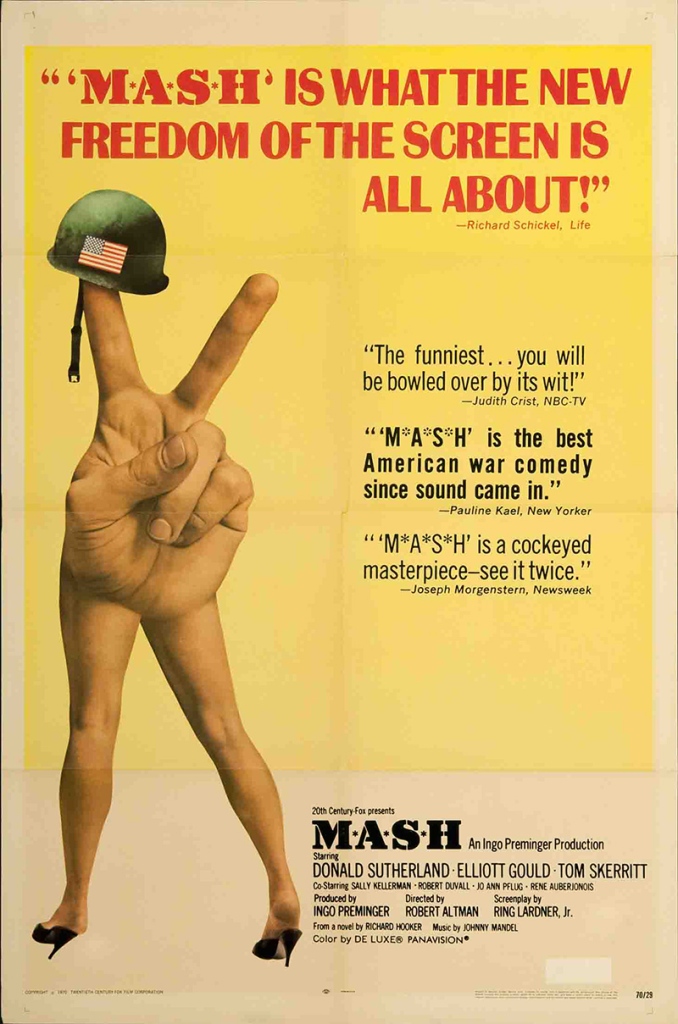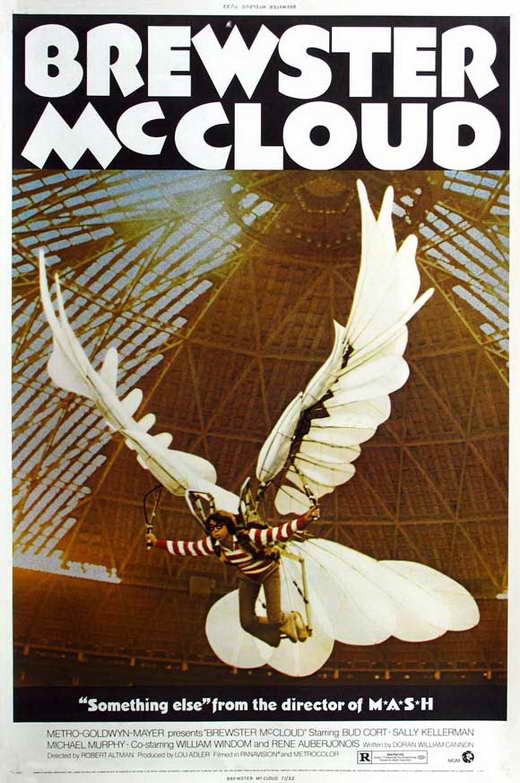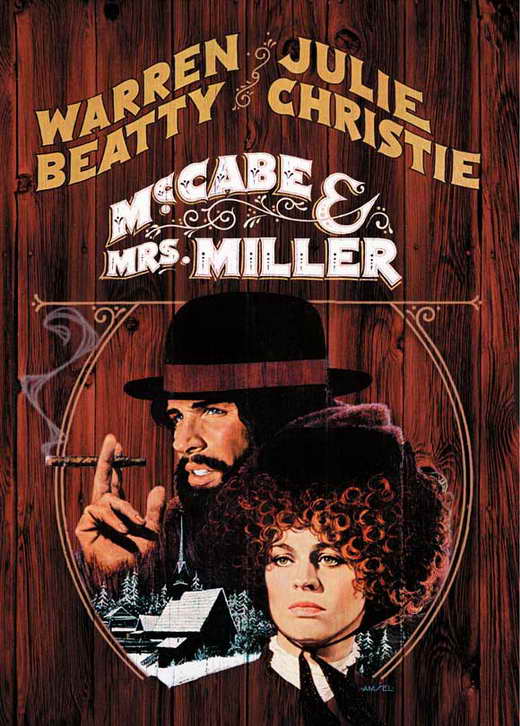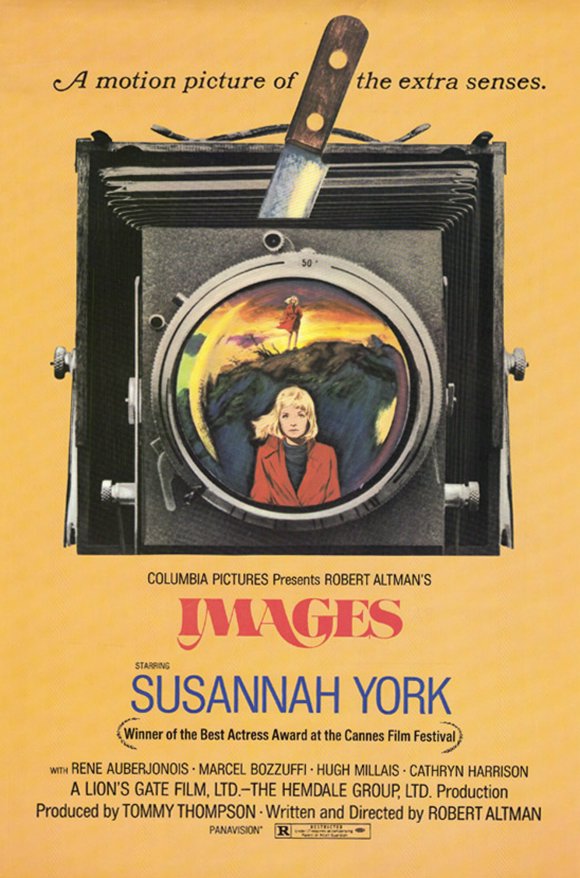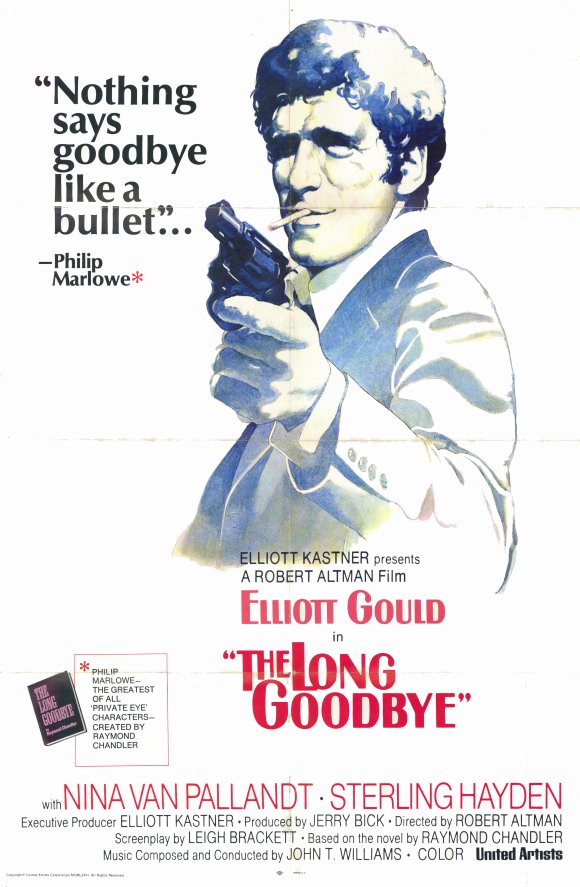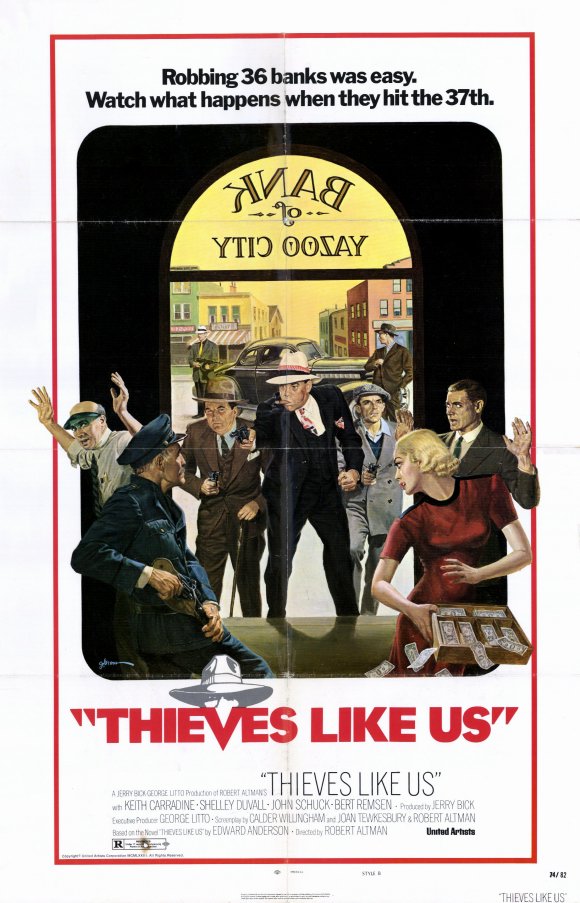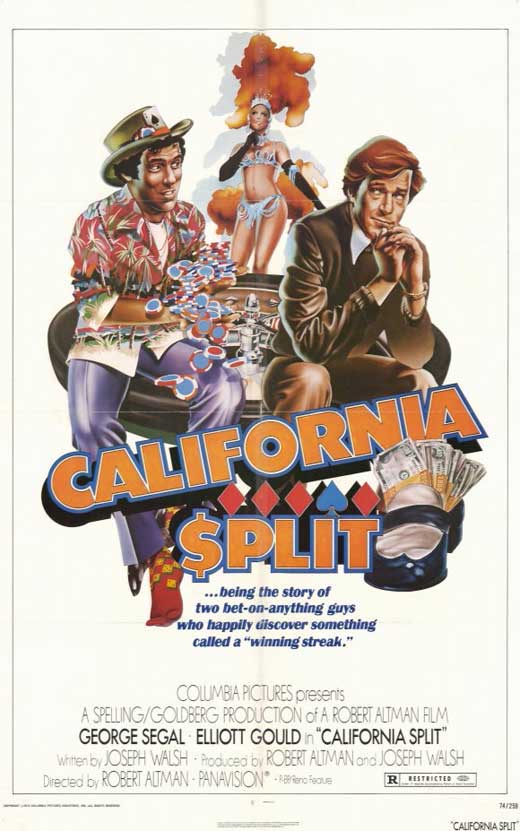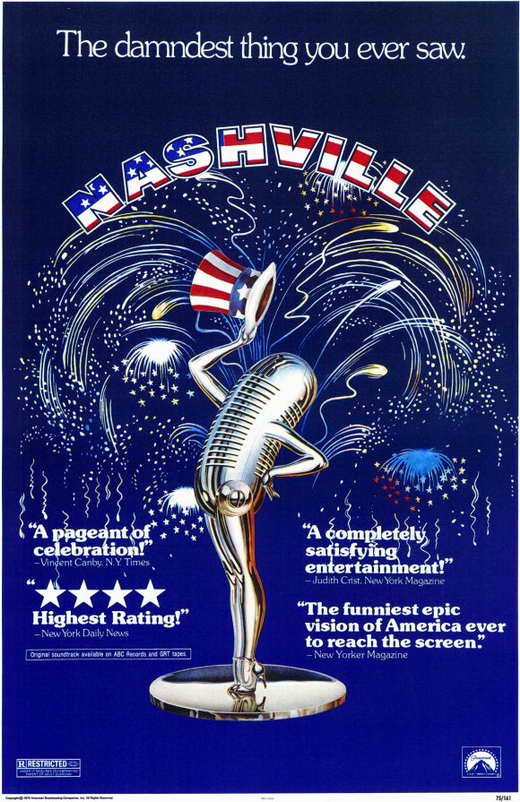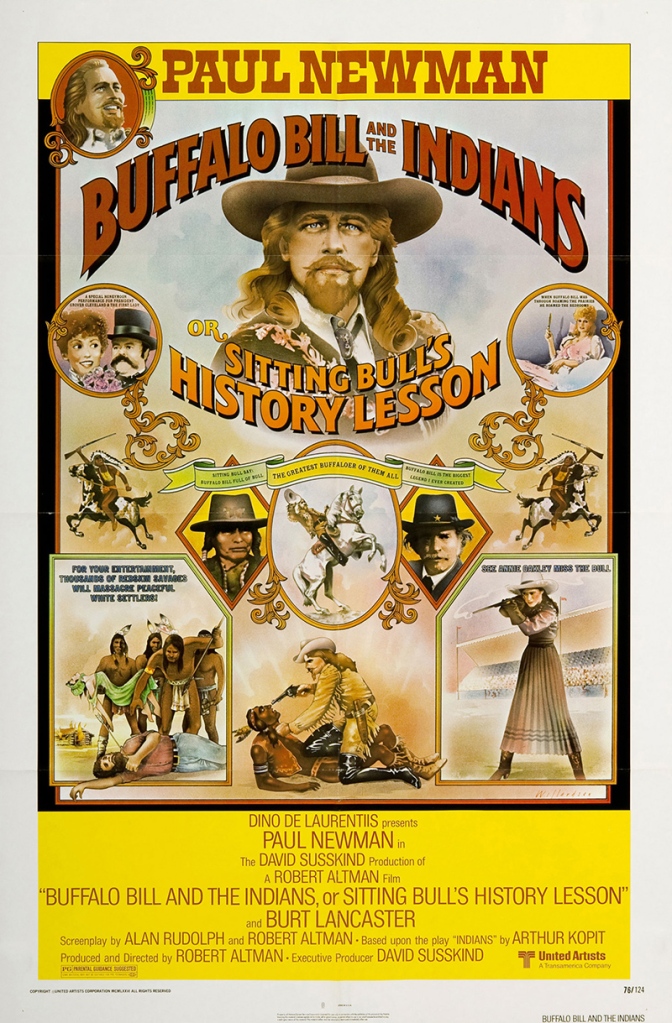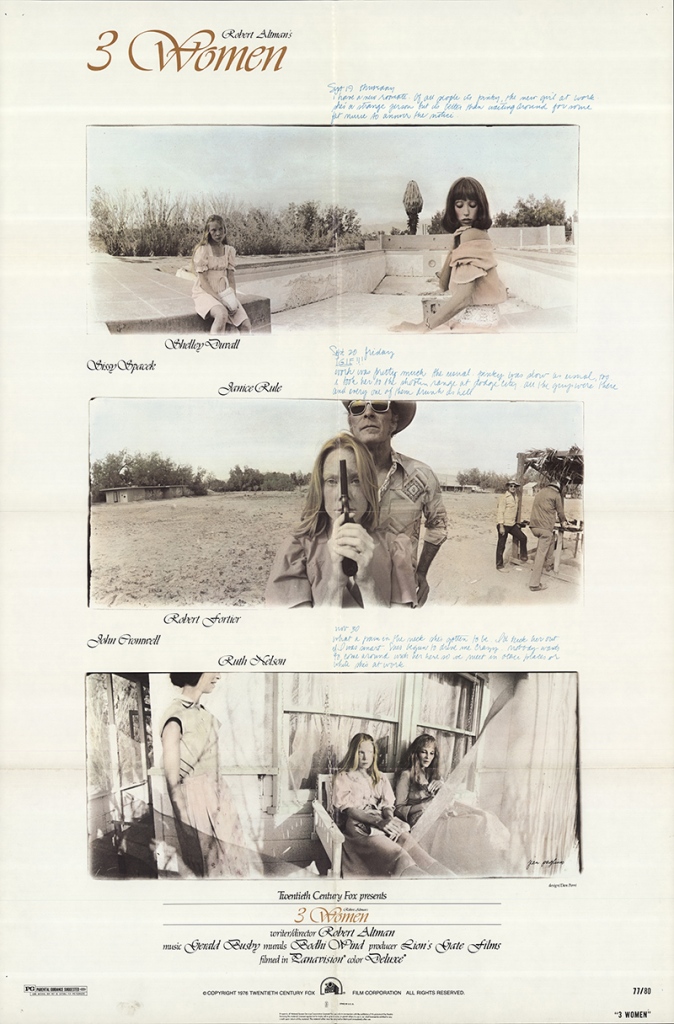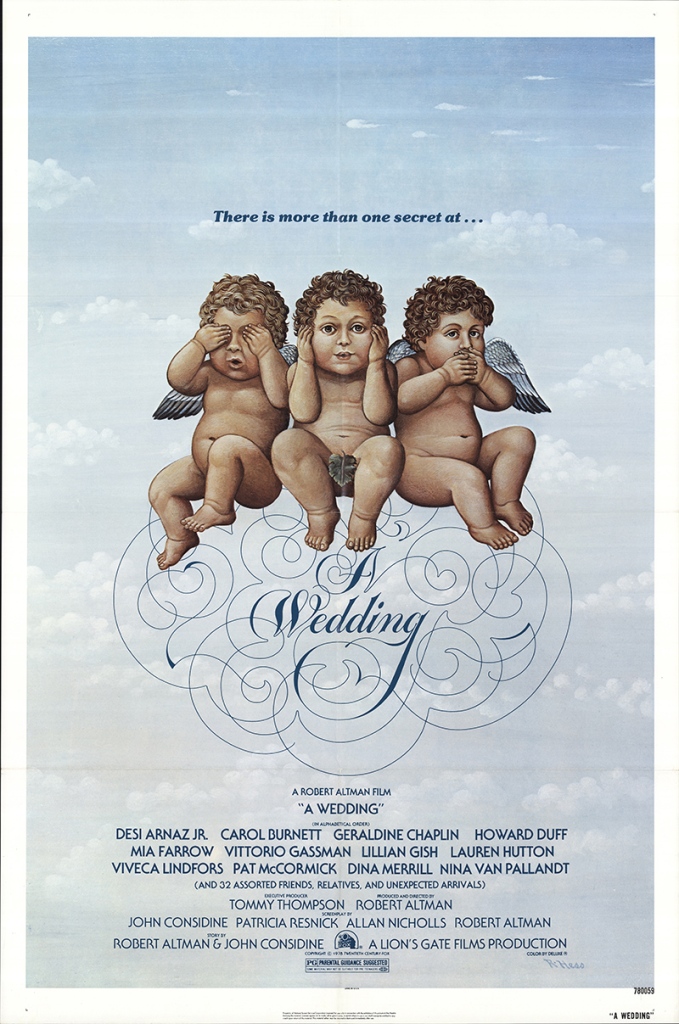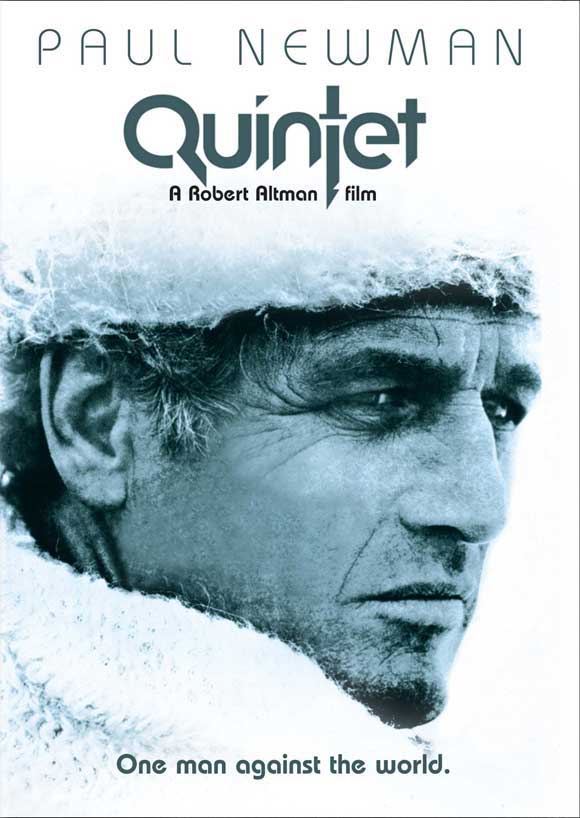An Actors’ Director, Meticulous Craftsman, Social Commentator
Sidney Lumet was a highly regarded and prolific film director especially during the 1970s. Since his auspicious movie directorial debut in 1957, Lumet would often direct at least one film a year. He was known for being a meticulous, technical craftsman, dynamic storyteller and for taking a collaborative approach to filmmaking. He spent time rehearsing his actors and blocking his camera shots well before filming commenced. As a result, Lumet usually brought his films in under budget. He also had a reputation for being a well-respected humanitarian who instilled a sense of realism in his most noted films, which included themes of social justice and the Jewish experience in America.

Sidney Lumet believed strongly in the importance of character development to the story. He had a reputation as an actors’ director and for getting exceptional performances from his cast. Lumet directed Ingrid Bergman, Faye Dunaway, Peter Finch and Beatrice Straight in Oscar winning performances. He also directed the following performers in Oscar nominated roles: Katharine Hepburn, Rod Steiger, Al Pacino, Albert Finney, Chris Sarandon, William Holden, Ned Beatty, Peter Firth, Richard Burton, Paul Newman, James Mason, Jane Fonda and River Phoenix.
Lumet himself was nominated four times for the Best Director Oscar and once for Best Adapted Screenplay. He was awarded a honourary Oscar in 2005. He was also nominated seven times for Outstanding Directorial Achievement in Motion Pictures by the Directors Guild of America (DGA). The organization awarded him a DGA Honorary Life Member Award in 1989 and presented him with a Lifetime Achievement Award in 1993.
Beginnings
Sidney Lumet began his directorial career directing Off-Broadway productions and later became a highly regarded director of episodic television and TV movies in the 1950s and early 1960s. His television movies included The Dybbuk (1960), The Iceman Cometh (1960) and Rashomon (1960). He also directed episodic television including the following: Playhouse 90 (1956-1961), The United States Steel Hour (1953-1963), The DuPont Show of the Month (1957-1961), Kraft Theatre (1947-1958), Studio One (1948-1958), Goodyear Playhouse (1951-1957), The Alcoa Hour (1955-1957), The Elgin Hour (1954-1955), The Best of Broadway (1954-1955), You Are There (1953-1972), and Danger (1950-1955).
Lumet made his feature film debut with 12 Angry Men (1957) featuring Henry Fonda, Martin Balsam , Lee J. Cobb, and E.G. Marshall. Lumet was nominated for his first Best Director Oscar for the movie and the film was also nominated for Best Picture and Adapted Screenplay. Other notable films in the 1960s included: The Fugitive Kind (1960) with Marlon Brando, Anna Magnani and Joanne Woodward; A View from the Bridge (1961) with Raf Vallone, Maureen Stapleton and Carol Lawrence; Long Day’s Journey into Night (1962) with Katharine Hepburn, Ralph Richardson and Jason Robards; The Pawnbroker (1964) with Rod Steiger and Geraldine Fitzgerald; Fail Safe (1964) with Henry Fonda, Walter Matthau and Fritz Weaver; The Hill (1965) with Sean Connery, Harry Andrews and Ian Bannen; The Group (1966) with Candice Bergen, Joan Hackett and Elizabeth Hartman; The Deadly Affair (1967) with James Mason, Simone Signoret and Maximilian Schell; Bye Bye Braverman (1968) with George Segal, Jack Warden and Jessica Walter; The Sea Gull (1968) with James Mason, Vanessa Redgrave and Simone Signoret; and The Appointment (1969) with Omar Sharif and Anouk Aimée. Katharine Hepburn received her ninth Best Oscar nomination for Long Day’s Journey into Night and Rod Steiger received his first Best Actor nomination for The Pawnbroker.
Films of the Early 1970s
Sidney Lumet began with the 1970s with directing the black comedy The Last of the Mobile Hot Shots (1970) starring James Coburn, Lynn Redgrave and Robert Hooks. Based on a play by Tennessee Williams, the movie centres around a couple (Coburn and Redgrave) who marry on a game show and use the money to save the husband’s family planation in New Orleans. The movie was poorly received at the time by audiences and critics.

Lumet’s next film was the crime thriller The Anderson Tapes (1971) with Sean Connery, Dyan Cannon and Martin Balsam. Based on the best-selling novel by Lawrence Sanders, the film tells the story of a newly released criminal (Connery) who devises a robbery plan with the help of the mafia and while unknowingly being under electronic surveillance. The film did well at the box office and received mostly good reviews.
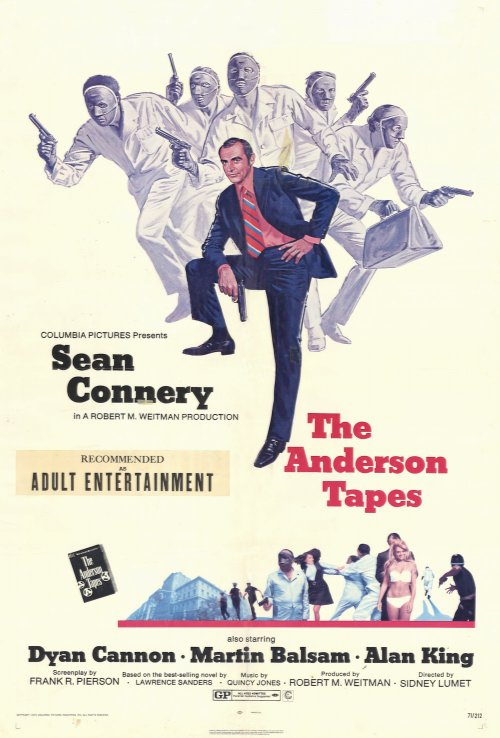
Lumet then directed the psychological thriller Child’s Play (1972) with James Mason, Robert Preston and Beau Bridges. Based on the play by Robert Marasco, a young gym teacher (Bridges) at a posh boys’ academy is caught in the middle of a dark, twisted and deadly feud between a popular English teacher (Preston) and a despised Instructor of classical languages (Mason). The film received mixed reviews when it was first released. James Mason’s performance was uniformly praised and he was nominated for Best Actor by the New York Film Critics Circle.
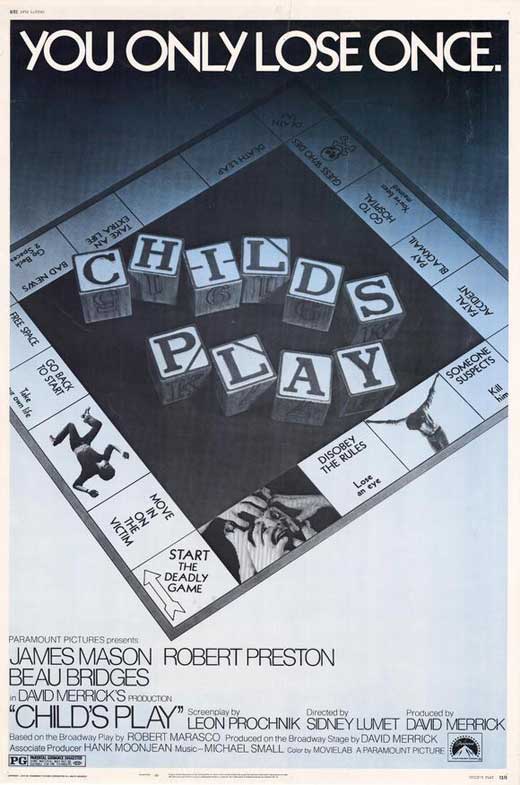
Lumet’s next project was the British crime neo noir crime drama The Offence (1973) with Sean Connery, Trevor Howard, Vivien Merchant and, Ian Bannen. The film focuses on the consequences of a deadly interrogation of a suspected child molester (Bannen) by a stressed out police detective (Connery). Ian Bannen received a Best Supporting Actor BAFTA Film Award nomination for his role in the film.

Lumet had a huge critical and commercial hit with the biopic Serpico (1973) with Al Pacino, John Randolph and Jack Kehoe. Based on a true story, the film covers the life of an undercover New York City police officer (Pacino) who is working to blow the whistle on the corruption within his own police force. The movie received two Academy Award nominations for Best Adapted Screenplay and Al Pacino was nominated for Best Actor. The film was also nominated for a Best Motion Picture – Drama Golden Globe and Al Pacino won the Golden Globe for Best Actor – Motion Picture Drama. The film won Best Drama Adapted from Another Medium by the Writers Guild of America (WGA). Sidney Lumet received BAFTA and DGA nominations for Best Director for the movie and Al Pacino received BAFTA, National Society of Film Critics, and New York Film Critics Circle nominations for Best Actor. He was awarded Best Actor by the National Board of Review in a tie with Robert Ryan for The Iceman Cometh (1973).

Films of the Mid 1970s
Lumet next directed the drama Lovin’ Molly (1974) with Anthony Perkins, Beau Bridges, Blythe Danner, and Susan Sarandon. Based on the novel by Larry McMurtry, the film tells the 40-year tale of the ongoing rivalry between two Texans (Perkins and Bridges) as they compete for the affections of a beautiful and independent woman (Danner) who refuses to marry them both.

Lumet had another commercial and critical hit with Murder on the Orient Express (1974) featuring an all-star cast that included Albert Finney, Lauren Bacall, Martin Balsam, Ingrid Bergman, Jacqueline Bisset, Jean-Pierre Cassel, Sean Connery, John Gielgud, Wendy Hiller, Anthony Perkins, Vanessa Redgrave, Rachel Roberts, Richard Widmark, Michael York, and Colin Blakely. Based on the novel by Agatha Christie, Hercule Poirot (Finney), a renowned Belgian detective, is stuck with other passengers on a snowbound train and ends up solving the murder of a wealthy American businessman (Widmark). The movie was nominated for six Academy awards including Best Actor (Finney), Adapted Screenplay, Cinematography, Costume Design and Original Dramatic Score. Ingrid Bergman won her third Oscar, this time for Best Supporting Actress, for the movie. Sidney Lumet received BAFTA and DGA nominations for Best Director. The movie was nominated for nine BAFTA Film Awards including Best Picture, Actor (Finney), Art Direction, Cinematography, Costume Design and Film Editing. Ingrid Bergman won for Best Supporting Actress and John Gielgud won for Best Supporting Actor. The film also received a Writers’ Guild of Great Britain nomination for Best British Screenplay.

Lumet had another commercial and critical hit with his next project Dog Day Afternoon (1975) with Al Pacino, John Cazale, Charles Durning, Chris Sarandon, Penelope Allen, James Broderick, Lance Henriksen, and Carol Kane. Based on a Life magazine article about a real-life crime in Brooklyn, a pair of would-be robbers (Pacino and Cazale) holds a group of bank employees hostage when their bank holdup attempt goes awry. Sidney Lumet received a Best Director Oscar nomination for the movie, as well as BAFTA, Golden Globe and DGA Best Director nominations. Lumet won the Los Angeles Film Critics Association Award for Best Director. The film itself received a total of six Academy Award nominations including Best Picture, Actor (Pacino), Supporting Actor (Sarandon) and Film Editing. It won for the Academy Award for Best Original Screenplay. The movie was also nominated for six BAFTA Film Award nominations, including Best Picture, Screenplay and Soundtrack, and winning Best Actor (Pacino) and Film Editing. In addition, it was nominated for seven Golden Globes including Best Motion Picture – Drama, Actor – Motion Picture Drama (Pacino), Supporting Actor (Cazale and Durning), Screenplay and New Star of the Year – Actor (Sarandon). The movie won the WGA for Best Drama Written Directly for the Screen.
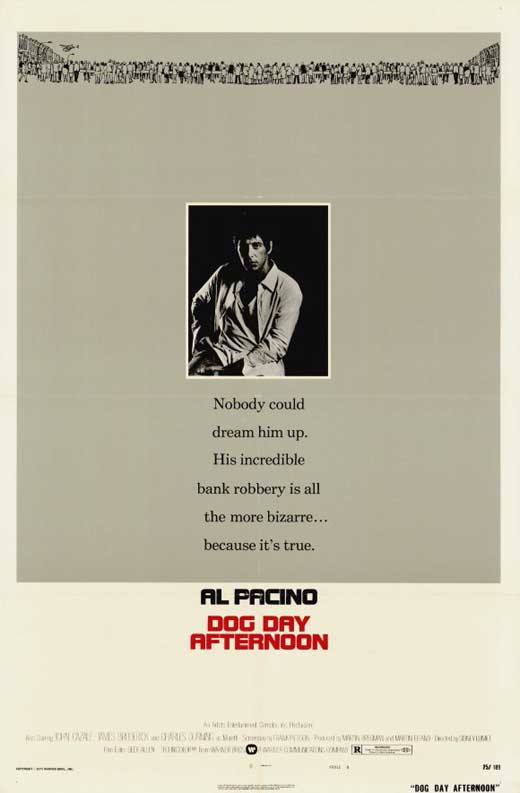
Lumet scored an even bigger commercial and critical hit with his next movie Network (1976) with Faye Dunaway, William Holden, Peter Finch, Robert Duvall, Wesley Addy, Ned Beatty, and Beatrice Straight. The film is a dark satirical dramedy about a struggling television network that the exploits the antics of its mentally unhinged news anchorman (Finch), promoting him to cult-like status in order to gain ratings. Sidney Lumet received a Best Director Oscar nomination for the movie, as well as BAFTA and DGA nominations. He won Best Director honours from the Hollywood Foreign Press Association (Golden Globes) and Los Angeles Film Critics Association. The film itself was nominated for a total of ten Academy Awards, including Best Picture, Actor (Holden), Supporting Actor (Beatty), Cinematography and Film Editing. It won Oscars for Best Actor (Finch), Actress (Dunaway), Supporting Actress (Straight) and Original Screenplay. The film was also nominated for nine BAFTA Film Awards, including Best Picture, Actor (Holden), Actress (Dunaway), Supporting Actor (Duvall), Screenplay, Film Editing and Soundtrack, and winning Best Actor (Finch). In addition, it was nominated for five Golden Globes, winning Best Actor – Motion Picture Drama (Finch), Best Actress – Motion Picture Drama (Dunaway) and Screenplay. It was nominated for Best Motion Picture – Drama but did not win in that category. The movie won the WGA for Best Drama Written Directly for the Screen.

Films of the Late 1970s
Lumet followed the success of Network by directed the psychological drama Equus (1977) with Richard Burton, Peter Firth, Colin Blakely, Joan Plowright, Harry Andrews, Eileen Atkins, Jenny Agutter, and Kate Reid. Based on the play by Peter Shaffer, a psychiatrist (Burton) works to uncover the dark truth behind a disturbed and troubled young man (Firth)’s obsessive worship of horses. The movie received positive reviews and was nominated for three Academy Awards for Best Actor (Burton), Supporting Actor (Firth) and Adapted Screenplay. The film won two Golden Globes for Best Actor – Motion Picture Drama (Burton) and Supporting Actor (Firth). It was also nominated for five BAFTA Film Awards, including Best Supporting Actor (Blakely), Actress (Plowright), Screenplay and Music, and winning Best Supporting Actress (Agutter).
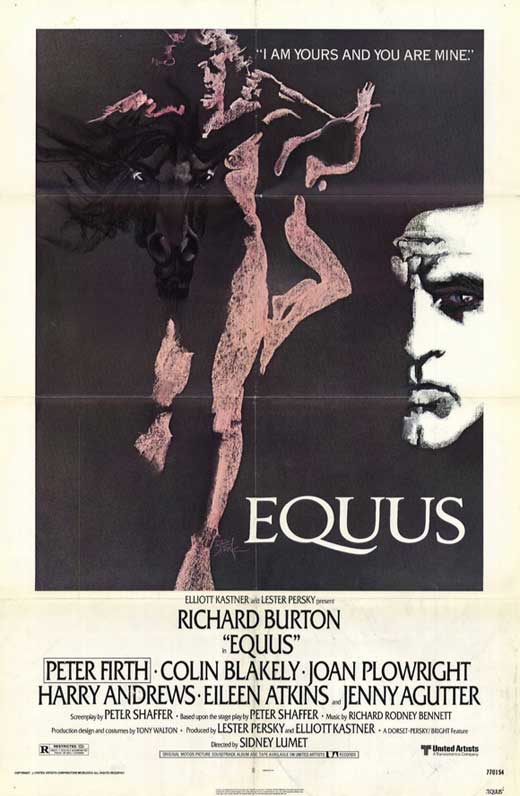
Lumet’s last movie of the 1970s was musical The Wiz (1978) with Diana Ross, Michael Jackson, Nipsey Russell, Ted Ross, Mabel King, Lena Horne, and Richard Pryor. Based on the hit Broadway musical, the film is a re-visioning of The Wizard of Oz with an all-African American cast. Upon its initial release, the movie did not do well with critics and audiences, but has since become a cult classic. The Wiz was nominated for four Academy Awards for Best Cinematography, Art Direction-Set Decoration, Costume Design, and Music, Original Song Score and Its Adaptation or Best Adaptation Score.
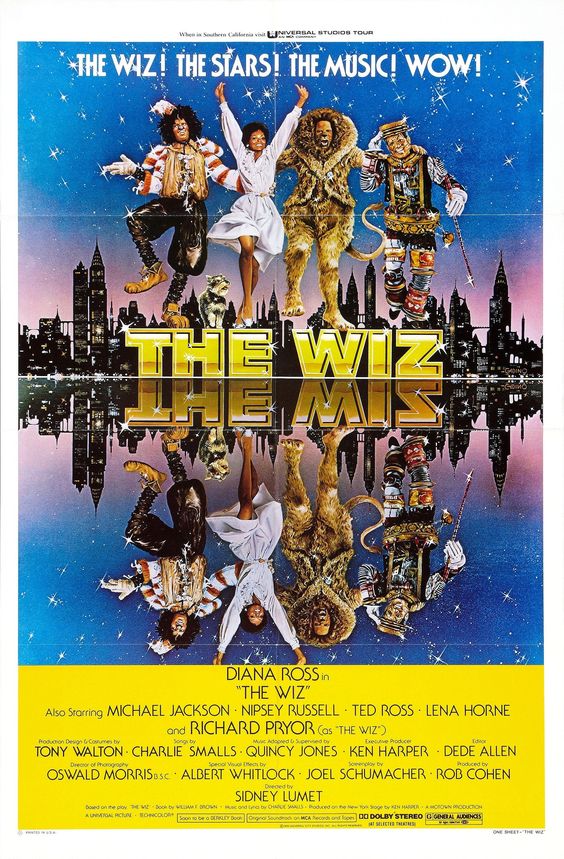
Later Years
In the 1980s, Lumet continued to be a prolific film director and was nominated for two more Academy Awards for Best Adapted Screenplay for Prince of the City (1981), starring Treat Williams and Jerry Orbach, and for Best Director for The Verdict (1982) with Paul Newman, Charlotte Rampling, Jack Warden, and James Mason. The Verdict was nominated for a total of five Oscars including Best Picture, Actor (Newman), Supporting Actor (Mason) and Adapted Screenplay.
Other 1980s films that Lumet directed included: Deathtrap (1982) with Michael Caine, Christopher Reeve and Dyan Cannon; Daniel (1983) with Timothy Hutton, Mandy Patinkin and Lindsay Crouse; Garbo Talks (1984) with Anne Bancroft, Ron Silver and Carrie Fisher; The Morning After (1986) with Jane Fonda, Jeff Bridges and Raul Julia; Power (1986) with Richard Gere, Julie Christie and Gene Hackman; Running on Empty (1988) with Christine Lahti, River Phoenix and Judd Hirsch; and Family Business (1989) with Sean Connery, Dustin Hoffman and Matthew Broderick. Jane Fonda received her sixth Best Actress Oscar nomination for The Morning After. River Phoenix received his only Oscar nomination for Running on Empty and the film was also nominated for Best Original Screenplay.
Lumet continued to direct movies in the 1990s to the mid 2000s. His last film was Before the Devil Knows You’re Dead (2007) with Philip Seymour Hoffman, Ethan Hawke, Marisa Tomei, and Albert Finney.
In his personal life, Sidney Lumet was married four times including to heiress and entrepreneur Gloria Vanderbilt. He had two daughters two daughters. Lumet died at the age of 86 on April 9, 2011 in Manhattan from lymphoma.
Legacy
Lumet’s influence on filmmaking continues to be recognized today with his movies 12 Angry Men (1957), The Pawnbroker (1964), Dog Day Afternoon (1975) and Network (1976), as well as his documentary King: A Filmed Record… Montgomery to Memphis (1970), being selected for preservation in the United States National Film Registry by the Library of Congress as being “culturally, historically, or aesthetically significant.”
~Terry Gale

